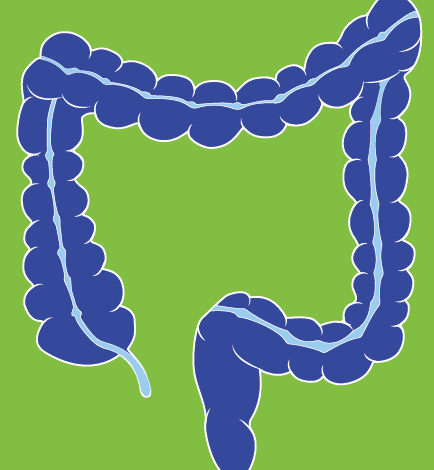Wildfires in Canada have been creating smoky conditions affecting our community and the East Coast. The smoke from wildfires can harm our health as it contains gases and tiny particles that can travel into our lungs, causing respiratory and heart issues.Even if you’re generally healthy, breathing in wildfire smoke can harm your lungs and increase risks for those with existing health conditions. This situation is even tougher for those who work outside, such as farm or construction workers, who may face health risks, reduced productivity, or job loss if they choose not to work when the air is unhealthy.
When the air quality is unhealthy due to smoky conditions caused by wildfires or other sources of air pollution, it’s essential to take precautions to protect your health.
Here are some health tips you can follow:
- Stay informed: Stay updated on the air quality in your area by checking local air quality indexes or websites. Many cities provide real-time air quality information that can help you make informed decisions about your activities.
- Limit outdoor activities: When the air quality is poor, it’s advisable to reduce your time spent outdoors, especially during periods of high pollution. If possible, stay indoors where the air is filtered and cleaner.
- Create a clean indoor environment: Keep the indoor air as clean as possible by closing windows and doors to prevent the entry of smoky air. Use air purifiers with HEPA filters to further improve indoor air quality.
- Avoid smoking and burning activities: Smoking cigarettes or other substances, as well as burning candles, incense, or wood-burning fires, can worsen indoor air quality. Avoid these activities during periods of poor air quality.
- Use N95 masks: If you need to be outdoors during smoky conditions, consider wearing an N95 mask to filter out harmful particles. Ensure that the mask fits properly and is rated for filtering fine particulate matter.
- Stay hydrated: Drinking plenty of water can help keep your respiratory system moist and reduce the irritation caused by inhaling smoky air. Adequate hydration also supports overall health and well-being.
- Seek indoor exercise alternatives: If you engage in regular physical activity, consider finding indoor alternatives during periods of poor air quality. This could include exercising at home, going to a gym with proper air filtration, or participating in indoor fitness classe
- Take care of your respiratory health: If you have pre-existing respiratory conditions such as asthma or chronic obstructive pulmonary disease (COPD), follow your healthcare provider’s recommendations and ensure you have an adequate supply of prescribed medications. Consider talking to your doctor about any additional measures you can take during times of poor air quality.
Remember, if you experience severe symptoms such as difficulty breathing, chest pain, or a rapid heartbeat, seek medical attention immediately. Protecting your health and the health of those around you is crucial when the air quality is unhealthy.





